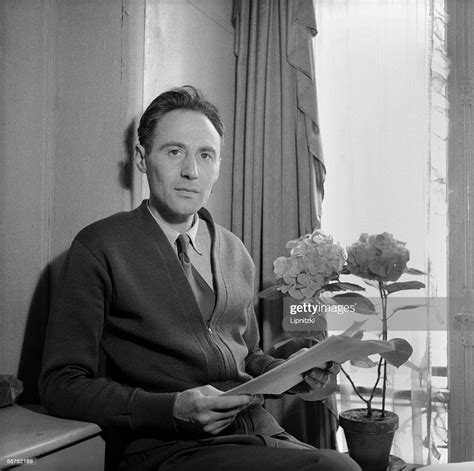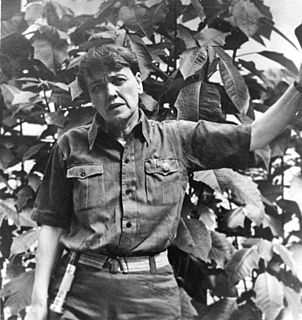A Quote by Ralph Waldo Emerson
In the great books of India, an empire spoke to us, nothing small or unworthy, but large, serene, consistent, the voice of an old intelligence, which in another age and climate had pondered and thus disposed of the questions that exercise us.
Related Quotes
When J.J. [Abrams] called Lisa [Joy] and myself, he pitched us this idea of, what if we turn the structure around and started with the hosts. For us, that gave us a way to play with everything that we're interested in, all at once. It's the ultimate playground for us because we deal with questions about artificial intelligence, which is something I've long been fascinated by, but also human intelligence, or the lack thereof, human behavior, and interactive, immersive storytelling.
All the people of all the nations which had fought in the First World War were silent during the eleventh minute of the eleventh hour of Armistice Day, which was the eleventh day of the eleventh month. It was during that minute in nineteen hundred and eighteen, that millions upon millions of human beings stopped butchering one another. I have talked to old men who were on battlefields during that minute. They have told me in one way or another that the sudden silence was the Voice of God. So we still have among us some men who can remember when God spoke clearly to mankind.
Until then I had thought each book spoke of the things, human or divine, that lie outside books. Now I realized that not infrequently books speak of books: it is as if they spoke among themselves. In the light of this reflection, the library seemed all the more disturbing to me. It was then the place of a long, centuries-old murmuring, an imperceptible dialogue between one parchment and another, a living thing, a receptacle of powers not to be ruled by a human mind, a treausre of secrets emanated by many minds, surviving the death of those who had produced them or had been their conveyors.
What is a great love of books? It is something like a personal introduction to the great and good men of all past times. Books, it is true, are silent as you see them on their shelves; but, silent as they are, when I enter a library I feel as if almost the dead were present, and I know if I put questions to these books they will answer me with all the faithfulness and fulness which has been left in them by the great men who have left the books with us.
I will tell you why we have these extraordinary minds and souls, Miss Whittaker," he continued, as though he had not heard her. "We have them because there is a supreme intelligence in the universe, which wishes for communion with us. This supreme intelligence longs to be known. It calls out to us. It draws us close to its mystery, and grants us these remarkable minds, in order that we try to reach for it. It wants us to find it. It wants union with us, more than anything.
Give us, O Lord, a steadfast heart, which no unworthy affection may drag downwards; give us an unconquered heart, which no tribulation can wear out; give us an upright heart, which no unworthy purpose may tempt aside. Bestow upon us also, O Lord our God, understanding to know you, diligence to seek you, wisdom to find you, and a faithfulness that may finally embrace you; through Jesus Christ our Lord.
In particular I may mention Sophocles the poet, who was once asked in my presence, How do you feel about love, Sophocles? are you still capable of it? to which he replied, Hush! if you please: to my great delight I have escaped from it, and feel as if I had escaped from a frantic and savage master. I thought then, as I do now, that he spoke wisely. For unquestionably old age brings us profound repose and freedom from this and other passions.








































